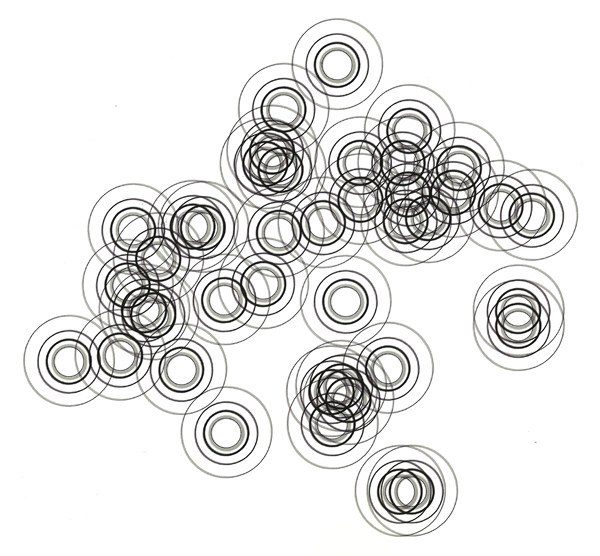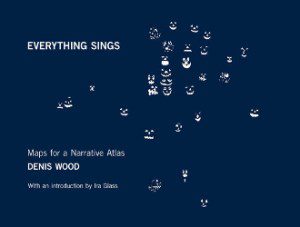 The most intimate infographics of all may be maps, those images that tell of our complicated relationships to place, bounded by time. Or at least, this is just one of the interesting arguments made by the book Everything Sings: Maps for a Narrative Atlas, a beautiful exploration of a small North Carolina neighborhood that also provides a platform for much larger ideas, published by Siglio Press in 2010.
The most intimate infographics of all may be maps, those images that tell of our complicated relationships to place, bounded by time. Or at least, this is just one of the interesting arguments made by the book Everything Sings: Maps for a Narrative Atlas, a beautiful exploration of a small North Carolina neighborhood that also provides a platform for much larger ideas, published by Siglio Press in 2010.
We’ve long believed in the transformative power of maps, which was why we immediately fell in love with Everything Sings and its author, Denis Wood. A kind of counter-culture cartographer, Wood has for decades sought ways to call the seeming objectivity of maps into question. In his fascinating introduction to the book, Wood wonders why map-making was an artistic discipline that somehow escaped modernism’s critical overhaul, its conventions barely changing in the centuries since it was first practiced. Wood writes:
Admitting that atlases were narrative — that they were texts — would force the admission that the individual maps were texts too, that maps constituted a semiological system indistinguishable from other semiological systems, like those of paintings or novels or poems.
His argument for a kind of “poetics of cartography” provides context to the maps that follow, a narrative about how life was in his Boylan Heights neighborhood in the early 1980s.
Everything Sings grew out of an episode of NPR’s This American Life in which host Ira Glass inadvertently came across Wood’s shelved project from a university course he’d previously taught to landscape architecture students. Glass contributes a fantastic foreword that pretty much sums up what makes the collection so special.
These maps are completely unnecessary. The world didn’t ask for them. They aid no navigation or civic-minded purpose. They’re just for pleasure. They laugh at the stupid Google map I consult five times a day on my phone. They laugh at what a square that map is. At its small-mindedness. They know it’s a sad, workaholic salaryman.” ~ Ira Glass
Here are just a few of our favorite images from the atlas, with excerpts from Wood’s accompanying texts:
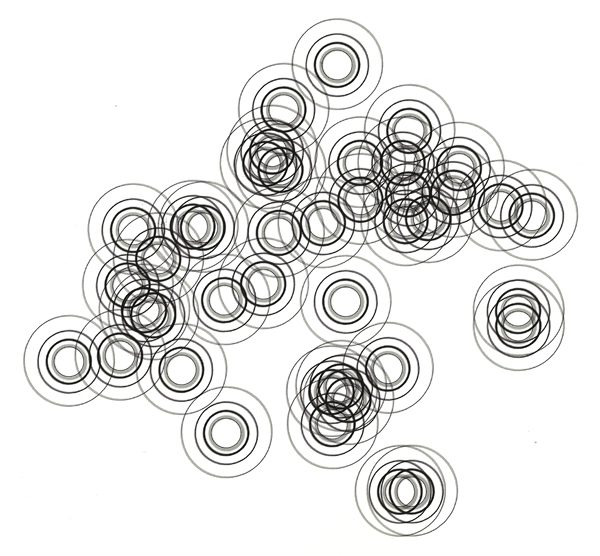
They were all over — bamboo, glass, shell, metal tubes. Depending on where you stood, the force of the wind, and the time of day, you could hear several chiming, turning the neighborhood into a carillon.
Image and caption copyrighted Denis Wood & Siglio Press reproduced with permission
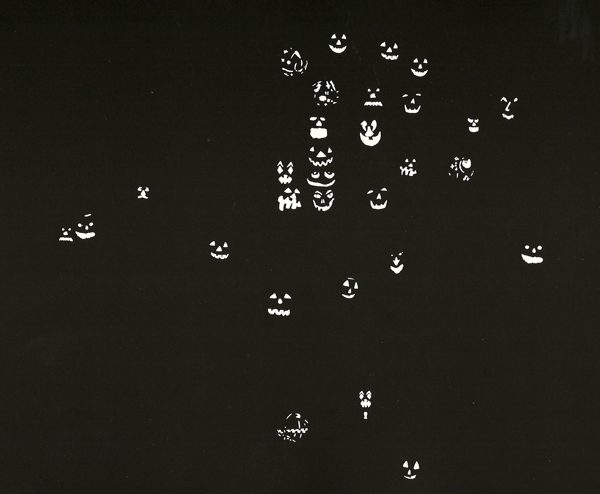
I rode through the neighborhood on my bicycle–it was 1982–and took pictures of all the jack-o’-lanterns.
Image and caption copyrighted Denis Wood & Siglio Press reproduced with permission
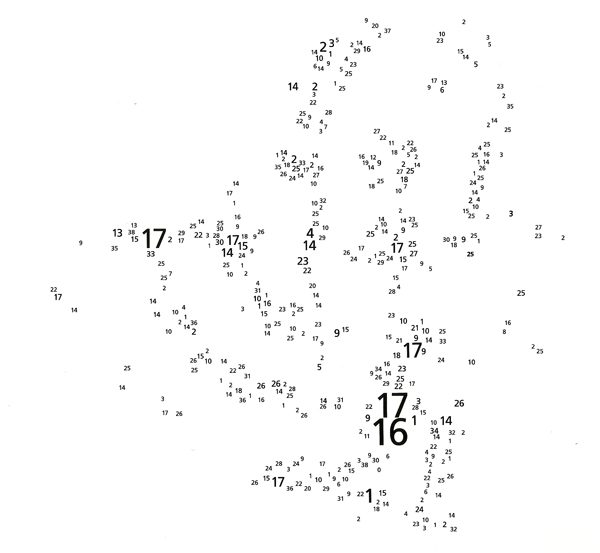
All over Boylan Heights, numerous calls to report disturbances reveal a general reluctance to knock on a neighbors’ doors and ask them to ‘turn it down.’ Boylan Heights is small and hardly crime ridden, but this is only a six month’s harvest of calls to 911.
Image and caption copyrighted Denis Wood & Siglio Press reproduced with permission
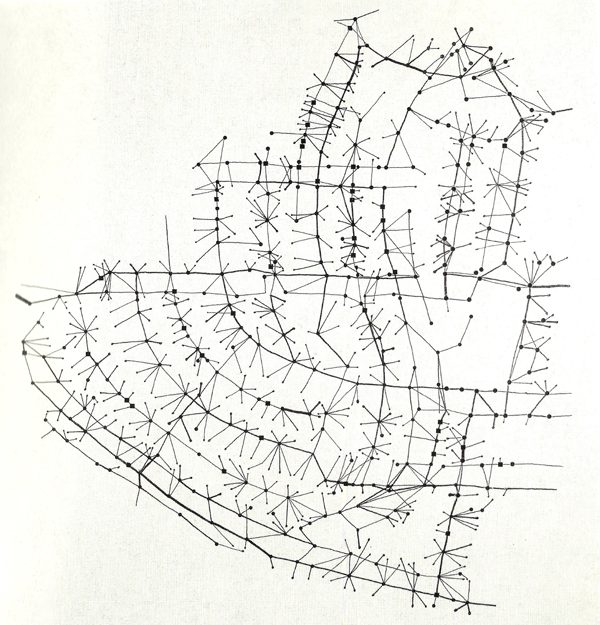
Nervous squirrels, afraid of an attack on the ground, use the phone and television cables as highways wherever the tree canopy’s broken. Birds rest on the power lines.
Image and caption copyrighted Denis Wood & Siglio Press reproduced with permission

When, in the later 19th century, Americans began systematically to light their streets, it was seen as a wholesome influence to cleanliness, as a deterrent to throwing garbage into the streets under the cover of darkness, and as an inducement to leaving windows open at night for healthier sleep.
Image and caption copyrighted Denis Wood & Siglio Press reproduced with permission
Everything Sings may be an antagonist to the traditional practice of cartography, and yet it accomplishes exactly the end that all maps must, if they’re to be of any lasting use: forcing us to see our world, and its many wonders, anew each day.
Images and captions copyrighted Denis Wood & Siglio Press reproduced with permission
 Kirstin Butler is writing an adaptation of Gogol for the Google era called Dead SULs. She currently lives in Cambridge, MA.
Kirstin Butler is writing an adaptation of Gogol for the Google era called Dead SULs. She currently lives in Cambridge, MA.


